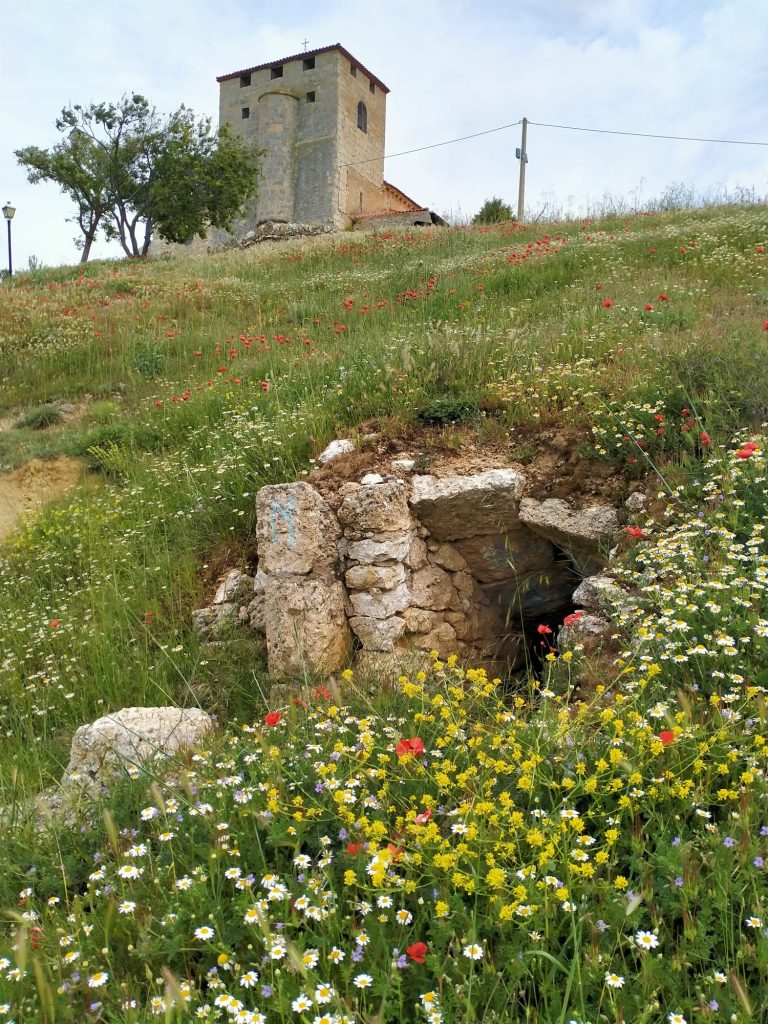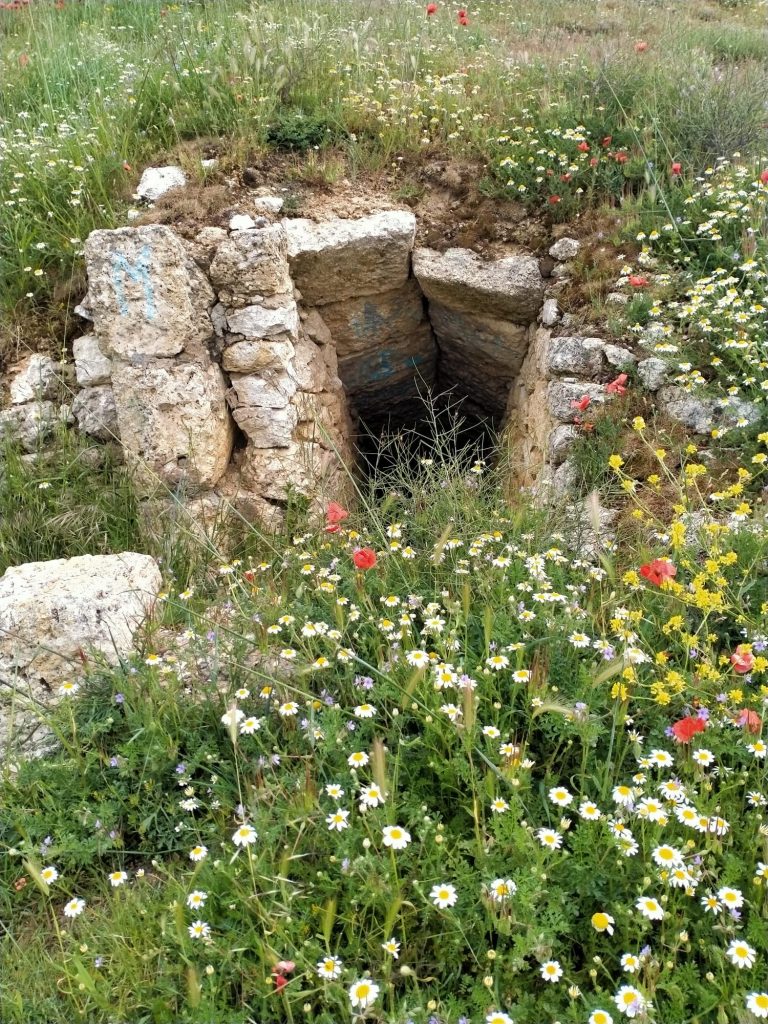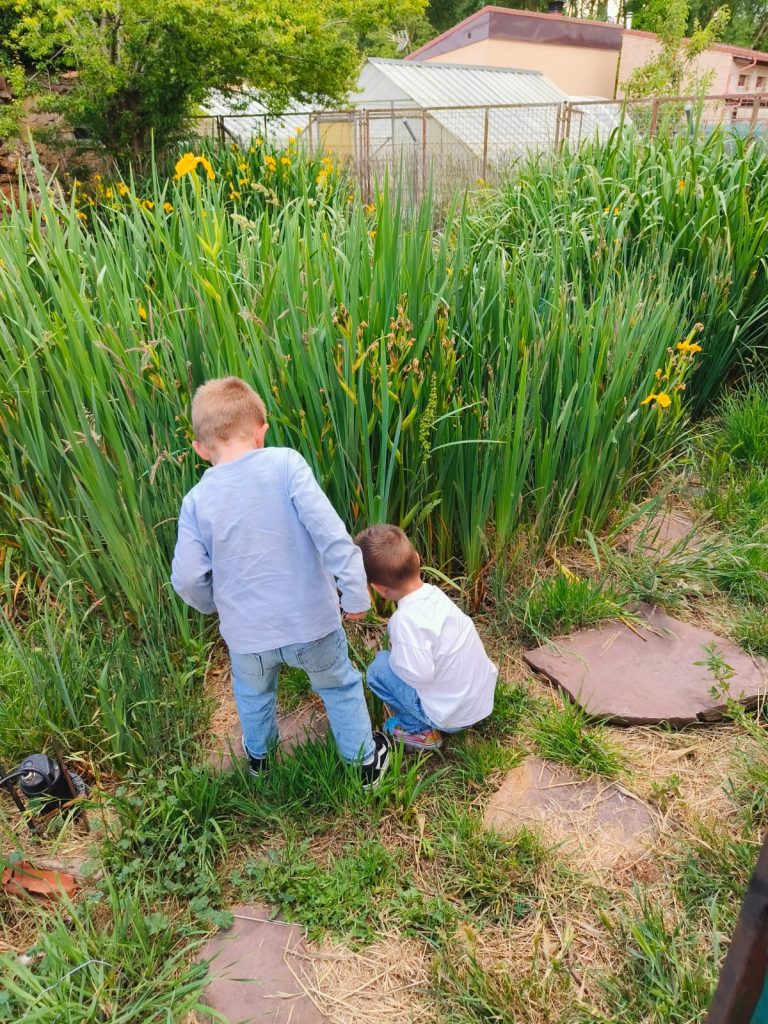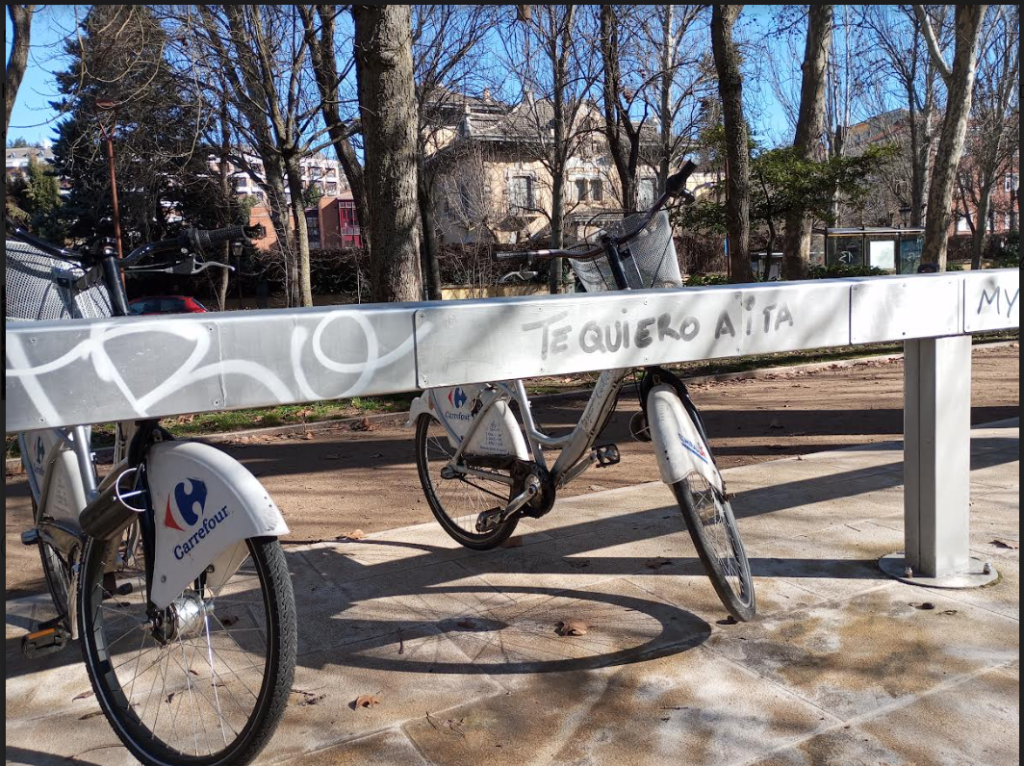Fairy When I was quite young, in grade school, homosexuality was invisible and mute and shrouded in a cloak of secrecy. Most children my age understood it not at all. Only very rarely, would an adult refer to a putative "not-quite-right" character as a “Fairy.” In my mind at the time, fairies frolicked with the brownies and the leprechauns through verdant forests and meadows. Later, when I attended middle school, at which time sexual awareness became manifest, homosexuals were heartily reviled, the objects of scorn and hostility--the “other.” If a child of that era were mentally defective--labelled at the time as retarded--he was often subject not only to bullying, but to malice and isolation as well, and was called “Queer,” which was a catchall word for the disaffected. When at last I reached high school, during the 1960s, the term “fag” came into vogue and was levied by boys and girls, athletes and non-athletes (the freaks) alike. Girls who would not put out were lumped into the “Lezzy” dustbin of life. Clearly, it was thought, there must be something very wrong with these sexually stunted young girls. In college, (the 1970s) the liberal, enlightened teachers and their student acolytes often advocated for these alienated persons and heralded the newly christened “Gays” as quite upstanding men and the “Lesbians,” their female counterparts, as exemplary as well. This was not the mainstream attitude toward these individuals; to many, both outside and inside the walls of academia, homosexuals remained queer or faggot or even worse. Little attention was paid to the gradations of sexual reality; everything was still discussed in terms of male and female. Cis and dysphoria were far in the future. Which of course left many people out. A presumptive intellectualism was bestowed upon them. “Rubyfruit Jungle” found itself on college reading lists in 1973, followed by “Tales of the City,” “Dream of a Common Language” and others. But one time, at my university, a wide spectrum of sexual “others” gave a public forum on their sexual identities and the undercurrent of discrimination against them. It was a courageous effort. The panel was heatedly assailed by an array of mostly African American women who discounted any bias the others had suffered, as just. When a transsexual said that he was in a homosexual relationship, one woman screamed, “Why don’t you make up your mind?” Another shouted, “I like dick!” to thunderous applause from the audience. Okay, so not everyone at university was enlightened. After graduation, now free of the regimentation and bureaucracy of school, I explored the regimentation and bureaucracy of the world of employment. I witnessed discrimination, by both management and labor, against both male and female non-heterosexuals. Homosexuality was not generally given as the reason for the discharge, though everyone knew the truth. It was not until well into the 21st century that it became illegal to fire an employee based on the issue of sexual identity (June, 2020). Like any other segment of society, sex-based minorities have had to fight for their rights. I have had many LGBTQ associates, acquaintances and friends, housemates, fellow students and colleagues over the course of the last 60 years. And I admit that my own attitudes toward LGBTQ individuals, in terms of their rights, responsibilities and merit, have evolved. Society at long last has embraced the efforts of LGBTQ people to attain the rights and recognition so long denied them. My experience, by definition, has been only anecdotal, but I likewise stand behind the LGBTQ community in attaining their long overdue respect and self-actualization.
Category Archives: CHAOS
Photography from Isabel Gomez de Diego
Photography from Kylian Cubilla Gomez
Poetry from Duane Vorhees
SEER
Between the game
and my aim
lust fills the moment.
Your reply’s flame
does the same,
fulfills the omen.
WORD
I started this work in cuneiform
but I couldn't undam the poem.
The stone wedged it. Bereft, mute, tuneless,
the task I adjourned to papyrus,
The flooding rendered it all a smudge,
its squiggly hieroglyphic unedged.
I converted to parchment and quill,
betook myself to tonsure and cowl,
to abstinence and flagellation,
but manuscript illumination
of my holy writ couldn't complete.
Printing press further repressed my wit,
O! Its backwardness and reverses
transformed my tercets into curses.
Typing required guitarist fingers,
not these mallet hands of my nature.
Word processors came to my rescue
at last! Too late, alas, for my muse.
THAT Y IN MISER IS ME: A MELODRAMA
I had thought to hoard your beauty,
to store it safe and proud
in that place where you'd amused me
and none else would be allowed.
But you crept out through the tower,
and you burst out into World.
Now you perfume your universe
with circus, peacocks, clouds . . . .
while I stay locked in duty
with my memory and my
(shroud
almost I wrote/ A miser's booty
lost!!! Hyperbole for the horde.)
PARIS ERECTION
His cock had set the hour
when Paris’ city would die.
Eiffel made a tower
to mate Paris with the sky.
GAZA REDUX
This time there is no honey left in the lion
and there are no brass shackles on Samson.
Arise, mace and chariot of Dagon!
Trouble began when mythical brothers
confused their identities as others’
shadows and mirrors, instead of doubles.
Dagon resented the enemy’s reign.
Injustice and neglect made him insane.
“They’ve laid waste our land and multiplied our slain.”
Nova morning burst and then exploded.
Nova dancers flared up and then went dead.
The sun worshipers fled while others bled.
Samson was ordered to regrow his mane
and to resume his judgment, now unchained,
and yet remain blind to the others’ pain.
The jawbone of an ass – heartless orders --
Samson deploys 30-cubit shoulders --
the heaps upon heaps of children smolder.
Samson expands an eye for an eye
to peacock’s tails and needles’ eyes.
Gaza is as flax that was burnt with fire.
Burn all the wells! Keep the corpses hostage!
Grind up humanity into sausage:
tabulate but don’t value the lossage.
Samson/Dagon said: “Though you have done this,”
(each said) “yet of you will I be avenged
and after that” (they promised) “I will cease.”
Samson said, “Now shall I be more blameless,
though” (Dagon said) “I do them displeasure
to do to him as he hath done to me.”
Soldiers and martyrs measure their service
on the basis of duties, not mercies.
Each world regards the world as its world is.
Poetry from Audrija Paul
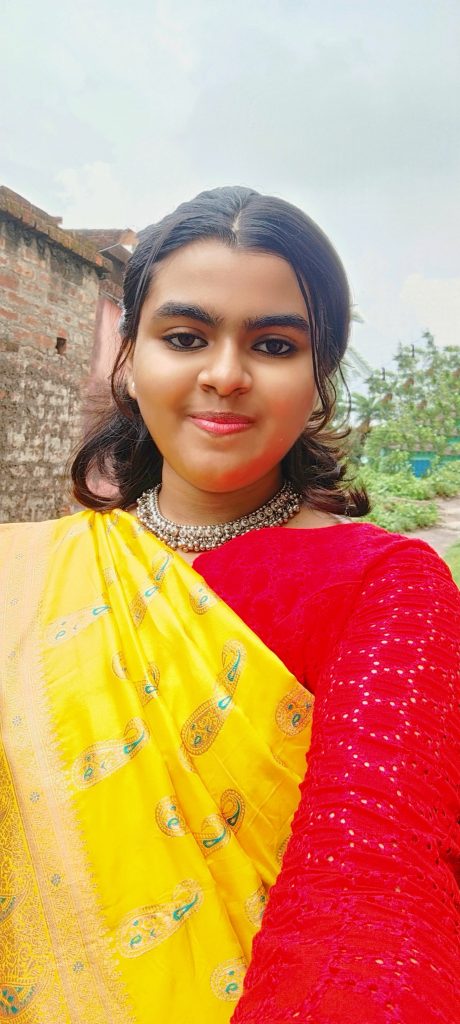
RAIN The grey grasses can no longer console the tears of the clouds. Their joy of welcoming the pacific rain, Has faded in the darkness. The petrichor seems no longer serene. Where is your soothing beauty, O' rain? O' rain! You stole their food and then their heart. Don't extinguish their burning pyres now. The soil, not being able to bear their agonizing pain, Held their bodies on her lap. Oh you! How cruel you are! You took their lives, who craved your presence, who appreciated your healing power. Oh rain! You made the dazzling fire roar and burnt everything down to ashes. How can you, O' heavenly rain, be so cruel?
Poetry from Kande Danjuma
A VISIT BY MY INNER CHILD A child, in his innocence, whispers hope into my broken soul. She said: trust the dreams long held onto, your dreams would soar, someday. Thanks to the sense of joy and possibility felt as a child whose hope rises like the light of dawn though adulthood is a journey riddled with challenges and responsibilities. Now, my inner child reminds me again and again of the magic that exists within me. It tells me to connect with my curious self and recapture that innocence that believes the sky is a touch from my finger. I now know how to let go of my worries and bury my fears deep beneath. I ride on the wind of courage and trust the light in me that buries the shadow of the darkness. Today, hear me: I have mastered visiting the whispers of my inner child as she reminds me that hope is a tray serving juice to forlorn dreams. Hope awakens my dreams and can do so for you. Kande Danjuma (Kdy)
Poetry from Praise Danjuma
THE MYSTERIOUS BIRD A rare bird that you hardly see in the day but in the night, creepy. what a bird on earth perches on trees and poles scares you with its voice as fear and sorrow travel into your heart a bird with a circle-shaped eye, creepy and her ears hear ten times more than humans what a creature nature so endowed. By Praise Danjuma

